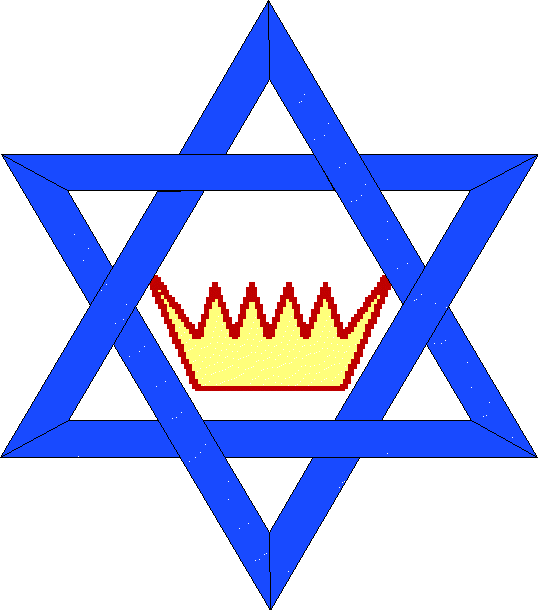
Rabbi Kluge sounds the Shofar!

April, 1999
Issue No.39
Shalom Mishpocha!
Chag Sameach! On April second we begin the counting of the omer
(sefirat omer). The sages of antiquity taught that on Passover the world is judged
regarding grain. G-d said to the Jews, "Bring Me the first harvest of your barley, so
that I will show concern for the grain in your fields." Passover, which begins in the
spring, is the time when the grain ripens and one can begin to harvest the barley (the
first grain to ripen). At the end of the first day of the Passover festival, the leaders
of the nation would go down to one of the barley fields near Jerusalem, because the omer
could only come from the territory of Judea. In a festive ceremony, enough of the barley
was reaped to allow grinding to produce an omer (a biblical measurement) of fine flour.
Once it was waived, the current year's grain was permitted to be used. The first fruit had
to be offered up before the harvest.
According to the rabbis, the counting insured that the people would not forget, and would
be prepared for Shavuot (the wheat harvest). It was stated that the political freedom
attained from Passover would turn into spiritual freedom when Israel received the Torah on
Shavuot (Pentecost). The rabbis also explain that, spiritually, it is like the kalla
(bride) who is nidda (impure) and must purify herself for her husband. The seven days of
purification represent the seven weeks between Passover and Shavuot. Consequently, on the
day of the matan Torah (giving of the Torah) they were free of the spiritual impurity of
Egypt and were ready to wed HaShem. A Torah scholar must also purify himself throughout
these seven weeks so that on the night of Shavuot he is ready to receive the Torah with
the greatest devotion and attachment.
The days of sefirat in ancient times were considered a time of rejoicing but now are
considered days of judgment more so than any other part of the year. This is due to the
absence of the Temple, the death of Rabbi Akiva's 24,000 students, the failed revolt
against the Romans by Bar Kochba, and a string of bloody massacres of Jewish communities
during the Crusades.
As believers in Messiah Yeshua, filled with the Ruach HaElohim, we observe this season as
a time of repentance, purification and soul-searching. Each day we ask HaShem to reveal to
us another sin or impurity in our character that must be surrendered to Him. There are
special prayers and meditations that are recited during these days. To us it is a
beautiful time because we can experience the Ruach HaKodesh working through us, purifying
us and bring us closer to G-d.
This year, let us surrender ourselves and ask Him to teach us His ways so that we may know
Him and find favor in His sight.
In His Love,
Rabbi Kluge

E-Mail the Rabbi


